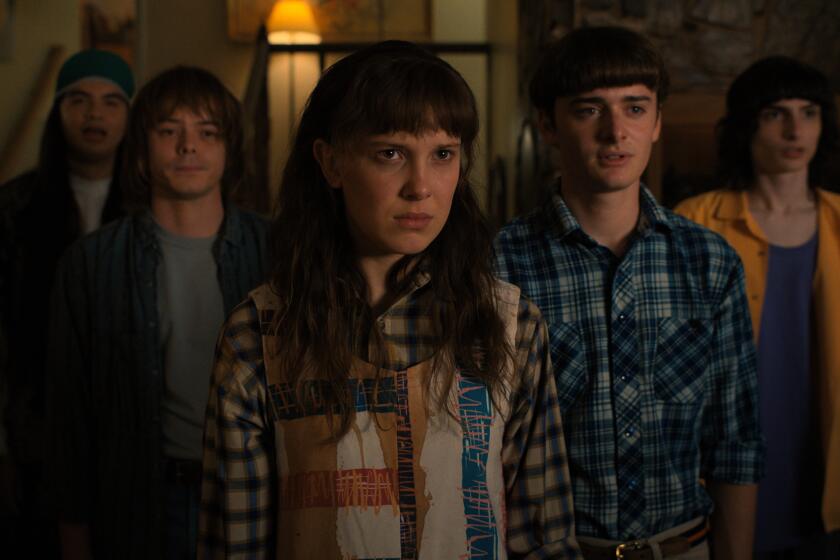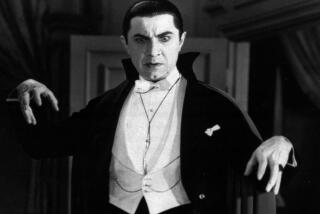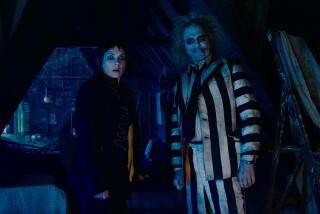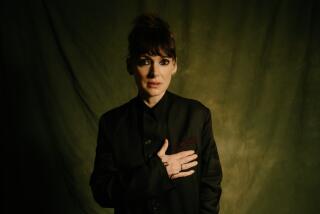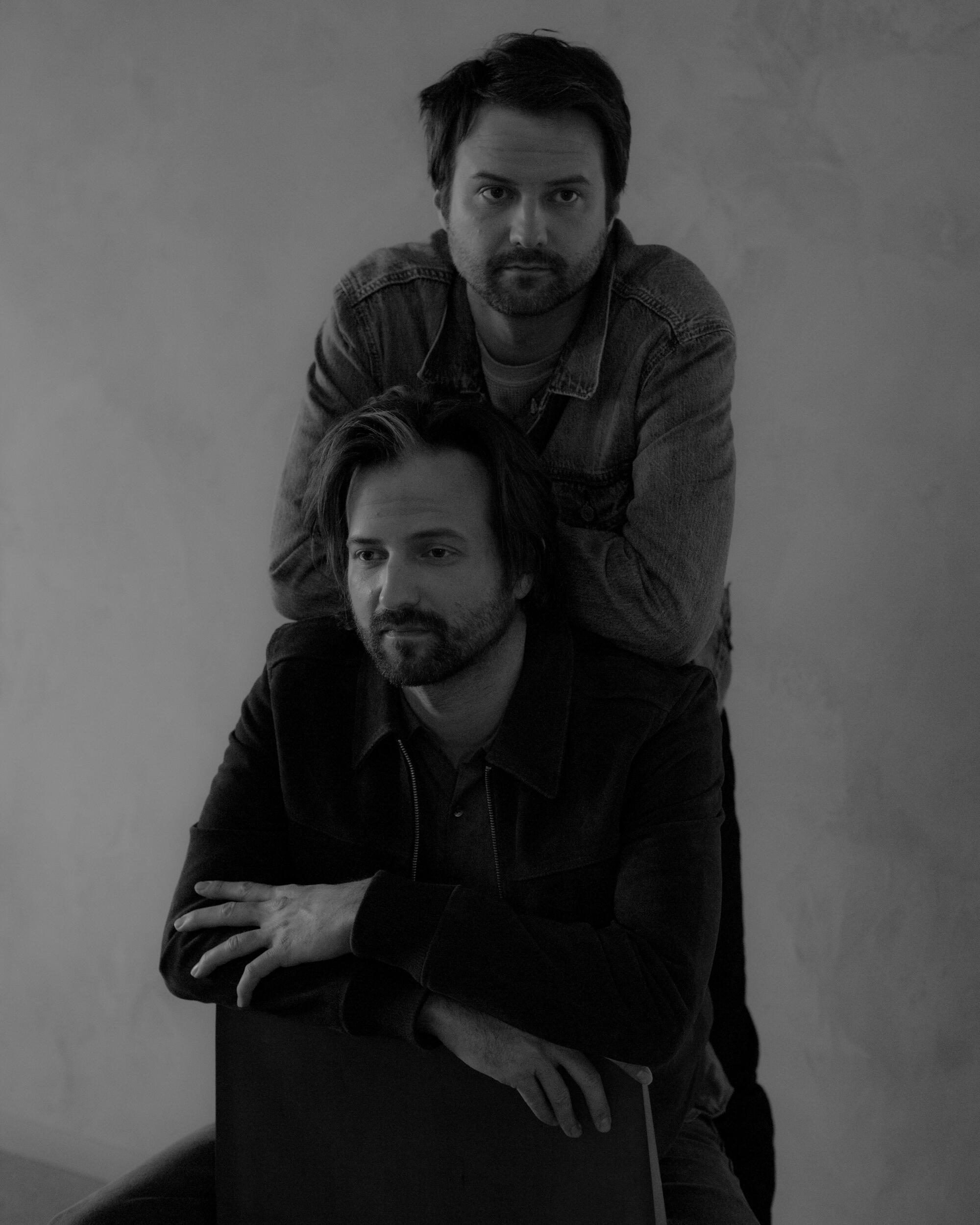
Matt and Ross Duffer spent a good chunk of their ‘90s childhood in Durham, N.C., exploring — riding their bikes, seeing where the train tracks led, playing Dungeons & Dragons. Their parents gave them a Hi8 camcorder, cutting edge at the time, and they spent their summers making little film projects (their first one was an adaptation of the fantasy card game “Magic: The Gathering”). Then there were the VHS tapes, starting with pretty benign stuff (“E.T.,” “The Goonies”) before graduating to scarier fare like “A Nightmare on Elm Street,” “Hellraiser” and the TV miniseries version of “It.”
The twins didn’t know it at the time, but all along they were preparing to make “Stranger Things.”
Netflix’s hit fantasy-horror series kicks off Volume 1 of its fourth season May 27, with Volume 2 following on July 1. It’s now been six years since viewers met the residents of fictional Hawkins, Ind., haunted by an alternate universe called the Upside Down and the monsters, human and otherwise, it unleashed upon the world. Since then, the series has exposed nefarious doings at Hawkins National Laboratory, introduced evil Russians, indulged in adolescent romance and laid out enough ‘80s nostalgia to fill a John Hughes film festival. The series has won seven Emmys, all in technical categories.
It’s a rare sure thing for the struggling Netflix, one that continues to stand the test of time.
“I wish I could say that we were super confident that it was going to be a big hit,” says Ross, sitting next to his brother during a break in post-production in Sherman Oaks. “But you just don’t know. You have no idea if it’s going to resonate with people.”
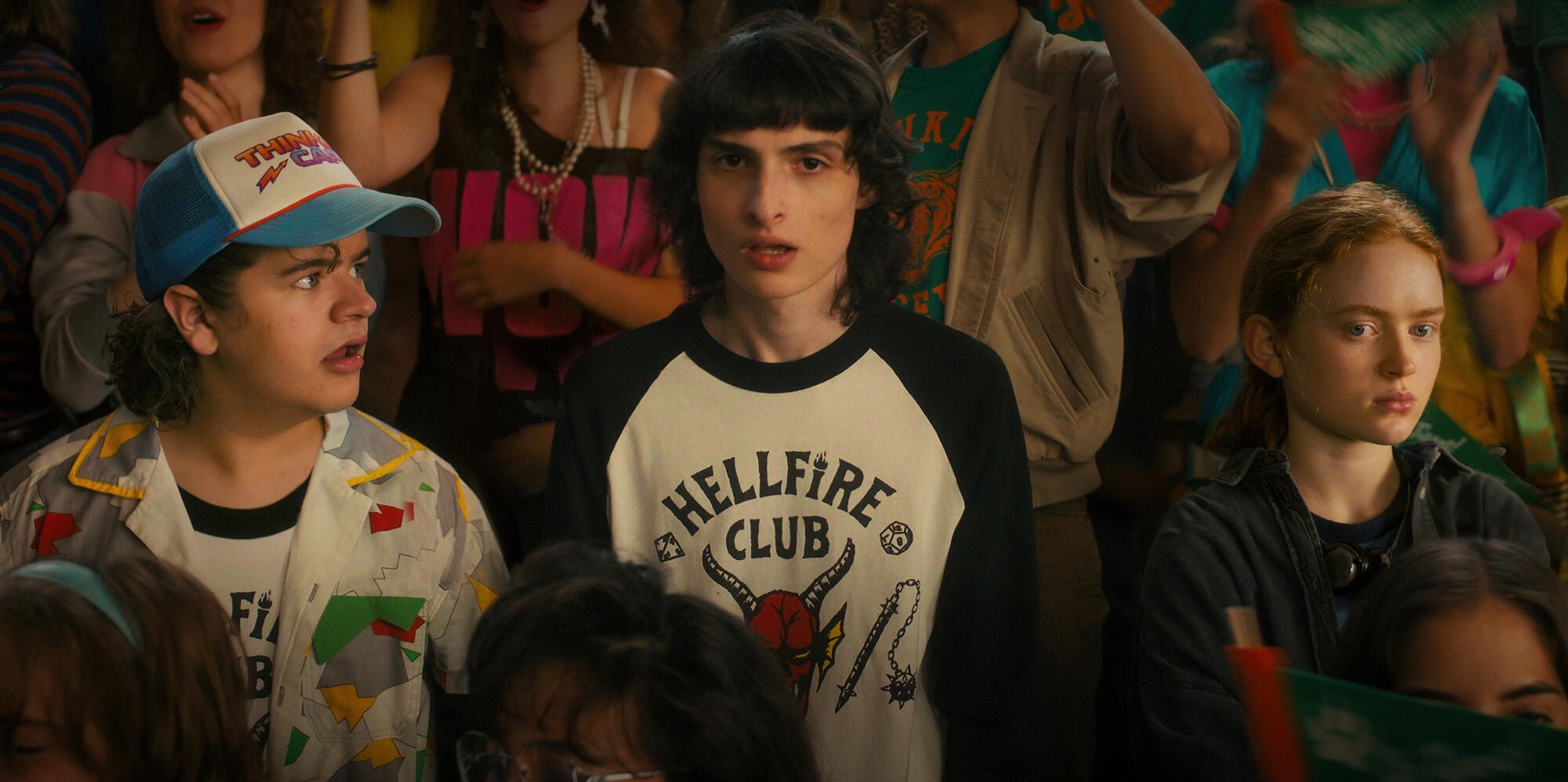
“Stranger Things” began in 2016 as the story of three grade-school kids, Mike (Finn Wolfhard), Lucas (Caleb McLaughlin) and Dustin (Gaten Matarazzo), searching for their vanished friend, Will (Noah Schnapp). They stumble upon a lost girl, Eleven (Millie Bobby Brown), who has mysterious telekinetic powers. Will’s mother, Joyce (Winona Ryder), and the police chief, Jim Hopper (David Harbour), join the search, which leads to that strange lab, overseen by a dour doctor (Matthew Modine), and ultimately to the Upside Down, a dark, viscous land of floating spores and predatory vines.
Netflix added a content disclosure to ‘Stranger Things’ to warn viewers of a violent scene involving kids. Viewers think ‘Obi-Wan Kenobi’ should have too.
From there the show has built an ever-expanding world of monsters and more mundane adolescent fears, like bullies and dating. Our heroes are outcasts and nerds, navigating a world of jocks, stoners and cool kids. Now they’re in high school, where presumably they will stay until the series wraps with Season 5.
As for Season 4, the Duffers understandably don’t want to disclose too much. But they are looking forward to telling a scarier story.
“This year they’re in high school and it’s a very different experience than when you had them in middle school, where they could go on these more ‘Goonies’-like adventures,” Matt says. “It felt very natural to put these kids into a pretty hard, scary horror film. And that’s something that we hadn’t really had them in before. Before we had the older characters in the “Nightmare on Elm Street” storyline. This year, it was fun to be able to put the kids into that storyline. Because now, they’re not kids. They’re teenagers.”
They grow up so fast, don’t they? The core “Stranger Things” actors are either in their 20s or getting there fast. They look like young adults because that’s what they are. Watching the show is reminiscent of coming back to a new “Harry Potter” movie after a couple of years and wondering: Who’s that?
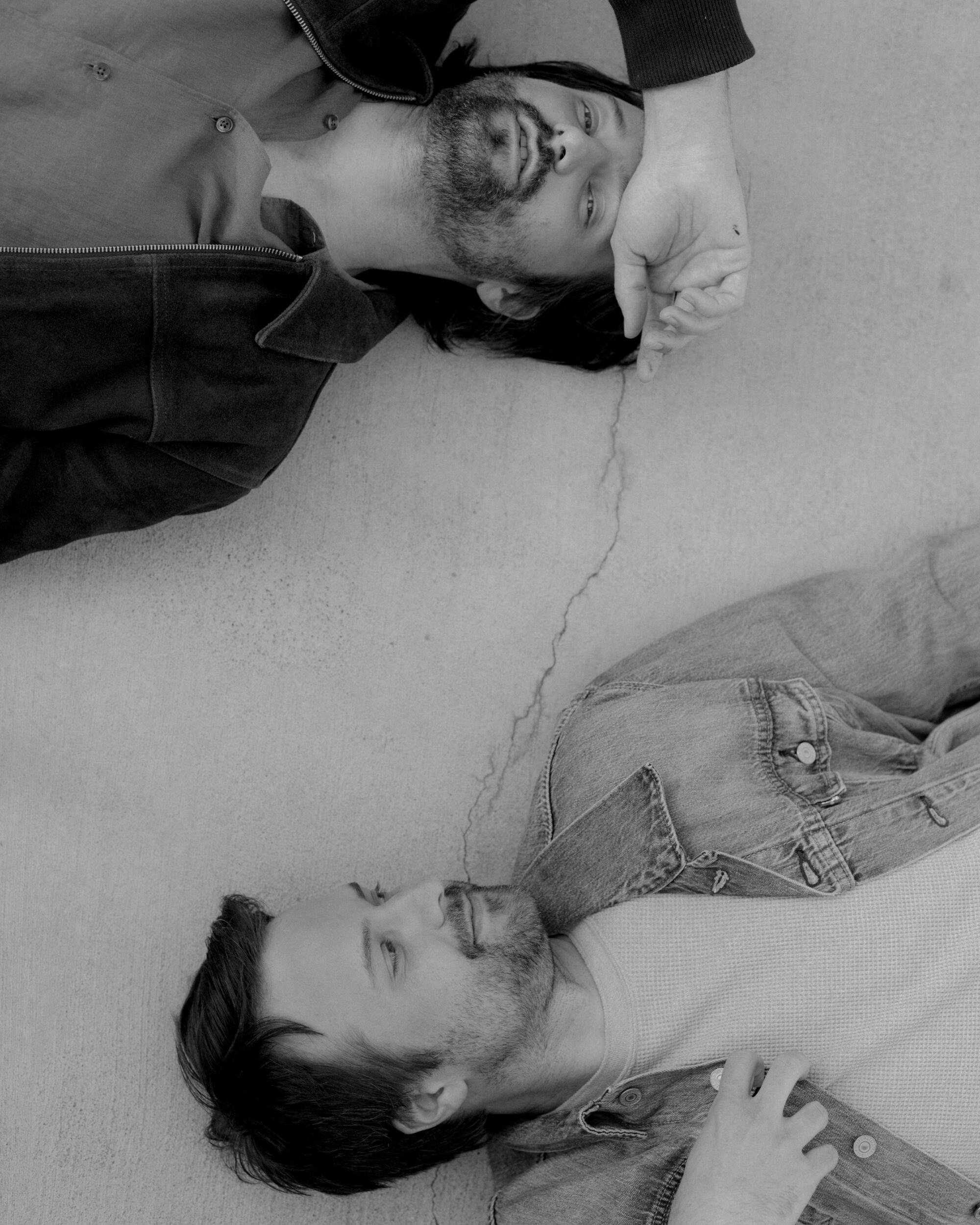
The Duffers have had a little time to get used to the sensation. “Coming into Season 3, we were just like the audience,” Matt says. “We were stunned by how much bigger they were, and we had to quickly rewrite a lot of the dialogue. It was like, ‘Wait, I was imagining Season 2 Finn; I was imagining Season 2 Millie. So this year, we were pretty prepared for how much they were going to age, and we wrote very much to that age.”
Although the brothers didn’t grow up in the ‘80s (they were born in ’84), they got there as fast as they could, via a steady diet of the decade’s pop culture. A very partial list of “Stranger Things” influences includes “The Goonies,” “E.T.,” “Red Dawn,” Stephen King, John Hughes, Freddy Krueger, John Carpenter and “Ghostbusters.” They were mesmerized by the trailer for Tim Burton’s first “Batman” movie in 1989, and they pestered their mom until she let them see the PG-13 movie. Going back to the ‘70s and beyond, you can add “Carrie,” “The Exorcist,” “Jaws,” “Alien,” the “Lord of the Rings” books and H.P. Lovecraft.
These are the movies and books that fired the young Duffers’ imagination. The imagination, however, is theirs alone. What they do is tap into the qualities of wonder that made their influences special in the first place.
“It’s about trying to evoke a style of storytelling that I feel had disappeared a little bit,” Ross says. “It’s a sincere style of storytelling. There’s not any irony. There’s not very much winking at the camera. It’s not meta, and it’s not aware that it’s a show. The characters aren’t antiheroes. They’re very much relatable in terms of the stories that impacted me. When I saw characters on the screen who I understood, they weren’t homicide detectives, they weren’t FBI agents. They were my mom and my dad and my brother and my friend.”
The brothers acknowledge a sort of longing for a time when they could let their imaginations run wild. Fortunately, they have a TV show where they can do just that.
“I’m sure it was probably less adventurous than we thought, but at the time, you’re untethered,” Ross says. “You say, ‘Bye, Mom,’ and you go off with your video camera and she can’t get a hold of you. There was something freeing and exciting about it. We didn’t find a treasure map, and we did not find a girl with superpowers. But it certainly felt like an adventure to us every summer. That was such a big part of our childhoods, something that a lot of this show is us trying to do.”
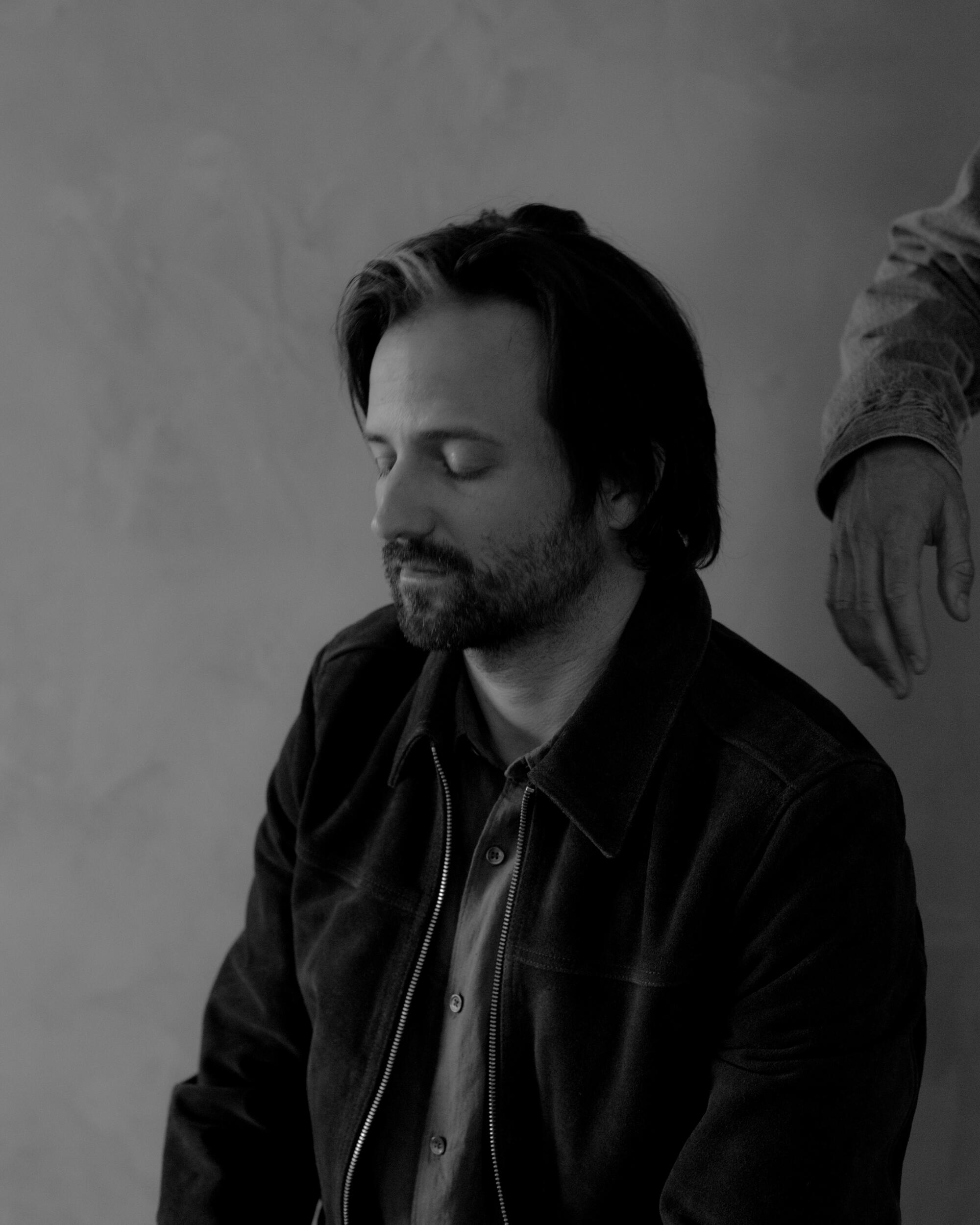
More to Read
From the Oscars to the Emmys.
Get the Envelope newsletter for exclusive awards season coverage, behind-the-scenes stories from the Envelope podcast and columnist Glenn Whipp’s must-read analysis.
You may occasionally receive promotional content from the Los Angeles Times.
